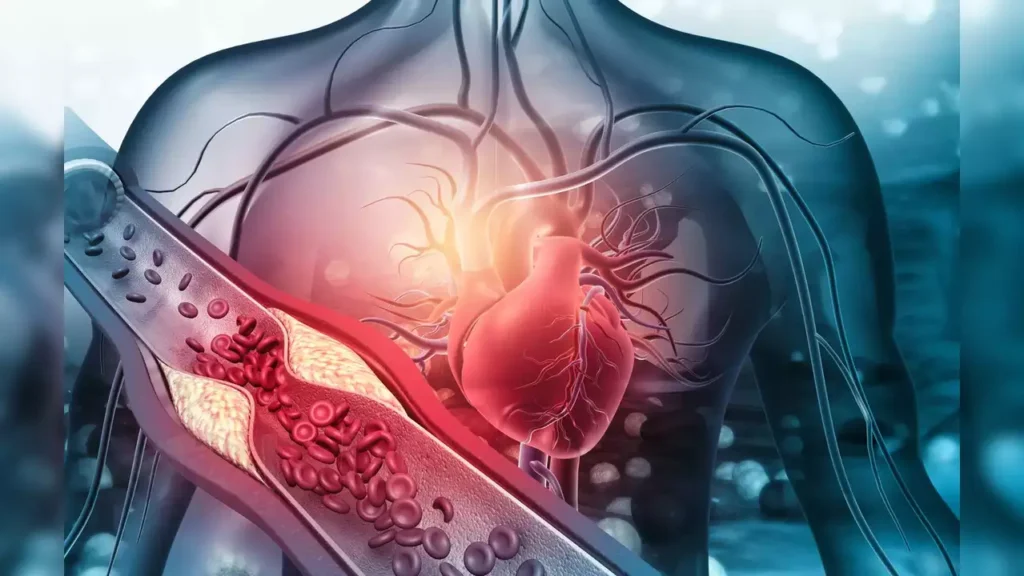
As the summer heat settles in, it’s crucial to stay vigilant about our heart health. Dr. Chaitanya Challa, a renowned General Physician, sheds light on the unique challenges and symptoms of heart attacks during the summer season.
- Increased Risk Factors:
Dr. Challa explains that certain factors during summer can heighten the risk of heart attacks. These include dehydration, excessive heat exposure, increased physical activity, and dietary changes. It’s essential to recognize these risk factors and take proactive measures.
- Common Symptoms to Watch For:
He emphasizes the importance of recognizing the warning signs of a heart attack. Symptoms such as chest pain or discomfort, shortness of breath, nausea, lightheadedness, and cold sweats should never be ignored, especially in the context of summer activities.
- Importance of Hydration and Cooling Strategies:
Dr. Challa advises staying well-hydrated, particularly during hot weather. Proper hydration helps maintain blood circulation and prevents the heart from overexerting. Additionally, he recommends using cooling strategies like staying in shaded areas, wearing light clothing, and avoiding peak sun hours for outdoor activities.
- Timely Medical Intervention:
Prompt action is crucial if someone experiences heart attack symptoms. Dr. Challa stresses the importance of calling emergency services immediately and not delaying medical attention. Early intervention significantly improves the chances of a positive outcome.
- Lifestyle Modifications for Heart Health:
In conclusion, Dr. Chaitanya Challa emphasizes the significance of year-round heart care. Adopting a healthy lifestyle, including a balanced diet, regular exercise, stress management, and routine medical check-ups, plays a pivotal role in preventing heart attacks not just in summer but throughout the year.
By understanding the specific challenges posed by summer and being aware of heart attack symptoms, we can take proactive steps to safeguard our heart health and enjoy a safe and healthy summer season.






